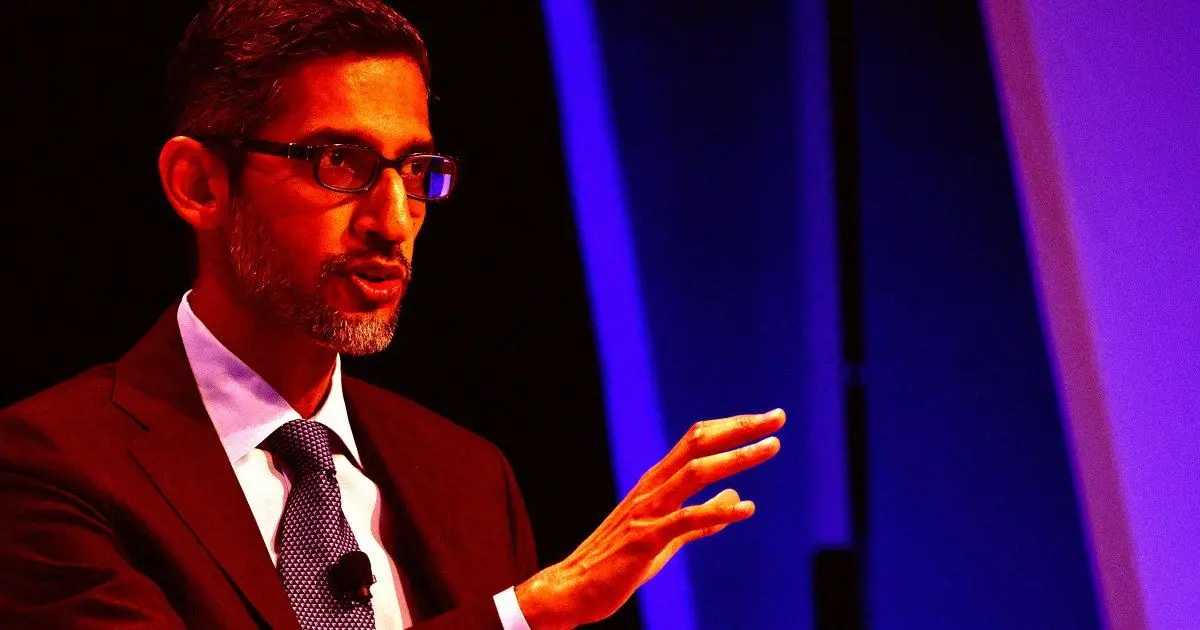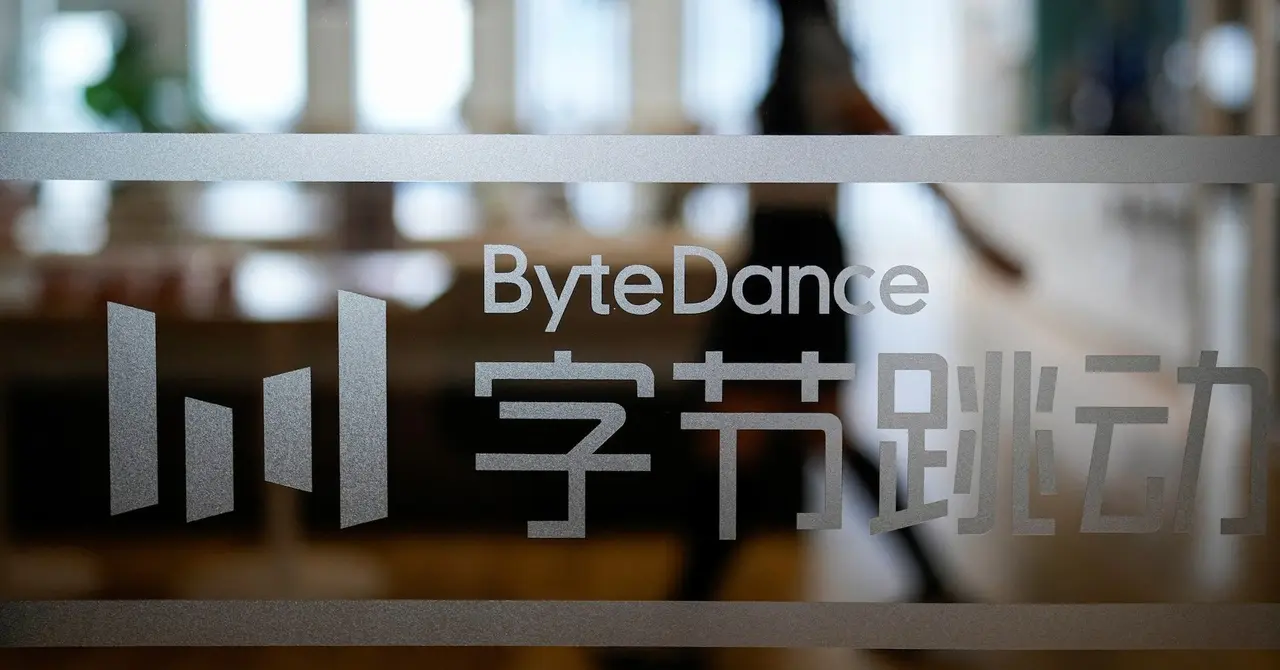Meta Scales Back Metaverse Spending Amid Financial Pressures and Competition
3 Sources
3 Sources
[1]
Meta is putting its Metaverse dreams on a budget that will help it save $3 billion: analyst
Meta's cost-cutting efforts at its metaverse division, Reality Labs, could help save the company $3 billion, Bank of America analysts said Friday. Meta is reportedly cutting the budget for its Reality Labs hardware division, which makes its VR headsets, by about 20% between this year and 2026, The Information reported Thursday, citing unnamed sources. That doesn't mean the company is halting its virtual and augmented reality innovations: the company is planning to release new Quest headsets and AR glasses in the next three years, the outlet said. The cost-cutting at Reality Labs is instead meant to put the division's seemingly out of control spending under lock. While Bank of America's Justin Post and Nitin Bansal said in a research note Friday that Meta could save an estimated $3 billion, they added that some of those cost savings could be reallocated to Meta's AI efforts. But those efforts are also being put on hold in some regions (i.e. the European Union and Brazil) as Meta looks to avoid growing regulatory scrutiny in the AI space. Meta's plans for AI and virtual reality will likely come into clearer focus when the Facebook and Instagram parent reports its second quarter earnings on July 31. Meta CEO Mark Zuckerberg has repeatedly reiterated his belief that the capital-m Metaverse is the future. "We continue making steady progress building the metaverse as well," he said in a call with investors in March, discussing the company's first quarter financial results. In the same breath, Meta reported a loss of $3.8 billion for its Reality Labs division. The company's VR and AR efforts are surely still a money-loser for Meta, but Reality Labs is at least finding ways to shrink its losses -- which fell 17% between the last three months of 2023 and the first quarter of 2024. Bank of America analysts maintained their buy rating of Meta's stock on Friday. They see shares rising nearly 15% to $550 over the next year. 30%: How much first quarter sales for Reality Labs, which totaled $440 million, rose from last year $3 billion: How much Meta could save with new cost-cutting measures at Reality Labs 14.8%: How much Bank of America analysts see Meta's share price rising over the next year -- from $479 to $550
[2]
Meta gets real about runaway VR costs, prepares for cuts (just as Apple joins the race)
Meta might have to adjust its AR and VR hardware ambitions, just at the moment it faces its biggest ever competition from Apple and its Vision Pro headset. Mark Zuckerberg's company has been ploughing billions of dollars into the development of a 'metaverse' digital world and associated hardware, but will have to rein back its spending, according to a new report from The Information. Meta's Reality Labs hardware team, responsible for the development of the company's Meta Quest hardware, has been asked to cut spending by close to 20% by 2026. And in a wake up call for staffers (who have endured mass layoffs) Meta's Chief Financial Officer Susan Li has told teams that they should be targeting a $1 trillion dollar opportunity in the augmented and virtual reality markets. It's a considerable shift from the previous money-no-object spending approach at the company, which has lost over $55 billion via its Reality Labs' ambitious plans since 2019. It's a tough spot for the Meta VR/AR team -- which legitimized the space under the Oculus banner before being purchased by Zuckerberg's then-Facebook company -- to be in, as it fends off competition from its first major competition. Apple's Vision Pro has itself got off to a slow start after launching this year in the US in February, but has just expanded its availability to markets including European and Asian territories. Though significantly more expensive than Meta's Quest 3, the Vision Pro is considerably more technologically advanced, and Meta is now expected to find a response to that. It's hoping to do so with an assault on the market into (and beyond) 2026, with the launch of a new Quest 4 headset (currently set to ship in standard and premium configurations), and a high-end variant of the Quest line a year later. For its part, Apple is expected to take the opposite tact, holding fire on a Vision Pro 2 headset in favour of a more affordable, stripped back take on the existing Vision Pro (which costs a whopping $3,499). Both companies are ultimately targeting a release of augmented reality glasses however, with differing prototypes in the works, expected to have more mass market appeal than a vision-encompassing headset. With VR still waiting for its mass-market moment, the race will be on to deliver the most compelling tech in a glasses-like form factor, though the elephant in the room will be investor pressure to refocus around artificial intelligence projects, generally seen to be the 'next-big-thing' in not just consumer tech, but the wider worlds of business, manufacturing and healthcare, too.
[3]
Meta Reportedly Unhappy With How Much Money Its VR Division Burns
Even with supposed cuts, there are reportedly some heavy new AR glasses set for 2025 sans the Ray Bans branding, plus a Quest 4 slated for 2026. Meta is reportedly sticking to its plans to release more VR headsets and AR glasses in just a few short years, but things are getting a little tense for those developing the next big metaverse thingamajigs. A new report claims Meta told its VR/AR teams to cut spending by a fifth. The company still expects developers to pump out a new Meta Quest 4 headset, a Quest Pro sequel, and new AR glasses that nix the Ray Bans branding in the next three years. Meta has been shifting its focus over to AI. The company is gearing up to release its Llama 400B semi-open source AI model by the end of this month if the rumors can be believed. The Mark Zuckerberg-led tech giant hasn't given up on its VR/AR-centric Reality Labs division, but according to a report from The Information, staff are being told to tighten their belts. The division has routinely spent billions of dollars on many projects, but anonymous sources told The Information the team will need to axe costs by around 20%. That's significant, considering that the division posted $3.85 billion in losses this past quarter. The company just got done with some massive layoffs last year that axed 10,000 staff, though we still don't know how many Reality Labs positions got cut. According to the report, the company's chief financial officer, Susan Li, told staff the division has lost $55 billion since 2019. That doesn't mean Meta's giving up on its metaverse dreams, but we don't know where these cuts might land. Gizmodo contacted Meta for comment, but we did not immediately hear back. As for now, there are still products in the pipeline, some of which we'll see hit shelves as soon as next year. The first one is a pair of AR glasses, and no, they won't have any Ray Bans Meta Smart Glasses branding to go with it. The information sources claim that the next pair of glasses will be relatively heavy for a pair of sunglasses, which will be around 70 grams and have some thick frames. The glasses themselves use an LCD screen in the right lens with your regular projection technology like we've seen with XReal Air 2 Ultras and similar products. Essilor Luxottica, the conglomerate behind Ray Bans, apparently didn't like the idea of such heavy glasses bearing their branding. We're happy to see that logo fall off Meta's AR glasses. Instead, we're more interested in how well Meta can balance wearability needs versus battery life, power, and visuals. Meta's been focusing on bringing its AI imaging capabilities to the AR glasses, so we can only expect more of that in the next go-around. So that's it for 2025, but in 2026 we may see the sequel to the current $500 Meta Quest 3. We've enjoyed our time with Meta's most-recent headset, and it's gotten better since adding better Xbox and Steam integration, alongside improvement for the UI and hand tracking. Meta's reportedly two different versions of the Quest 4, one lower and another higher-end version. Finally, Meta has tentatively slated a new version of the Quest Pro slated for 2027. That device cost $1,500 when it first hit the scene, but the device proved unpopular with consumers who were more used to spending a few hundred for their VR headsets rather than thousands.
Share
Share
Copy Link
Meta, formerly Facebook, is reportedly planning to cut costs in its Reality Labs division, which focuses on virtual and augmented reality technologies. This move comes as the company faces financial pressures and increased competition in the VR market.

Meta's Reality Labs Division Under Scrutiny
Meta, the parent company of Facebook, is reportedly planning to scale back spending on its ambitious metaverse project. The company's Reality Labs division, responsible for developing virtual and augmented reality technologies, has been burning through billions of dollars, prompting concerns from investors and analysts alike
1
.Financial Pressures Mount
According to a report from Bank of America, Meta is looking to save approximately $3 billion in costs related to its metaverse initiatives
1
. This decision comes as the company faces increasing pressure to improve its financial performance. In 2022 alone, Reality Labs reported a staggering operating loss of $13.7 billion2
.Competition Heats Up
The timing of Meta's cost-cutting measures is particularly noteworthy as it coincides with Apple's entry into the virtual reality market. Apple recently unveiled its Vision Pro mixed reality headset, set to launch in early 2024
2
. This new competitor in the VR space is likely to intensify the pressure on Meta to deliver results from its substantial investments.Internal Concerns and Strategy Shift
Reports suggest that Meta executives are increasingly concerned about the massive spending on VR and AR technologies
3
. The company has already undergone significant layoffs, cutting 21,000 jobs since last fall. Now, it appears that Meta is pivoting towards a more cautious approach to its metaverse ambitions.Related Stories
Future of Meta's Metaverse Vision
Despite the planned cost reductions, Meta remains committed to its long-term vision of the metaverse. CEO Mark Zuckerberg has consistently defended the company's investments in this area, viewing it as crucial for Meta's future
1
. However, the company now faces the challenge of balancing its innovative pursuits with financial prudence and shareholder expectations.Impact on VR/AR Development
The potential budget cuts raise questions about the pace of Meta's VR and AR development. While the company has made significant strides with products like the Quest headset series, reduced funding could slow down the release of new features and hardware
2
.As Meta navigates these financial challenges and competitive pressures, the tech industry will be watching closely to see how the company's metaverse strategy evolves and whether it can maintain its position as a leader in the emerging VR/AR landscape.
References
Summarized by
Navi
[1]
Related Stories
Meta prepares to slash metaverse budget by 30% after $70 billion in losses, pivots to AI
04 Dec 2025•Business and Economy

Meta pivots to AI smart glasses after Reality Labs loses $19 billion on VR in 2025
29 Jan 2026•Business and Economy

Meta layoffs slash Reality Labs workforce as Zuckerberg pivots hard from metaverse to AI
12 Jan 2026•Business and Economy

Recent Highlights
1
Hollywood studios demand ByteDance halt Seedance 2.0 after AI-generated Tom Cruise fight goes viral
Technology

2
Microsoft AI chief predicts automation of white collar tasks within 18 months, sparking job fears
Business and Economy

3
University of Michigan's Prima AI model reads brain MRI scans in seconds with 97.5% accuracy
Science and Research





